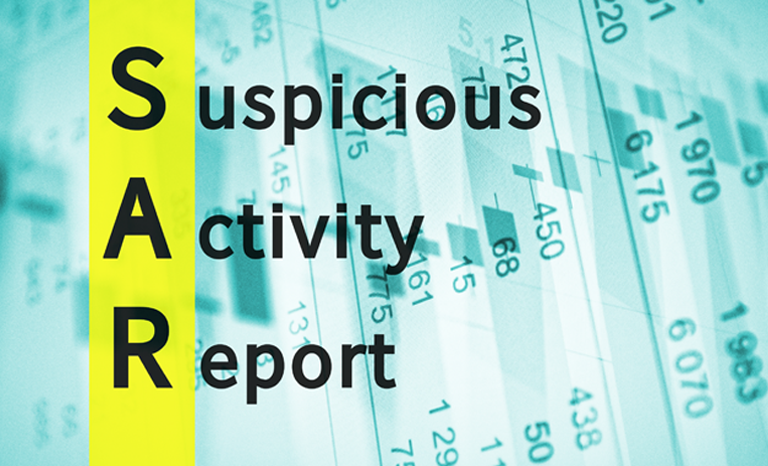The UK Financial Intelligence Unit (UKFIU) has published a new guide to help firms submit better quality Suspicious Activity Reports (SARS).
The UKFIU receives more than 460,000 SARs a year. Submitting good quality SARs can reduce delays and help the UKFIU to quickly prioritise and process the report. Poor quality reporting can lead to unnecessary delays, particularly where a defence against money laundering has been sought, and can cause problems with your client, customer or supplier.
The UKFIU advises firms do the following when submitting a SAR:
- Complete as many fields as possible
- Where you don’t have the information for a field, enter the word ‘Unknown’ to make it clear that the omission is not an error.
- Dates of birth are a vital field for identifying individuals correctly. To help further with identification, SARs should contain all available Customer Due Diligence (CDD) information.
- Do not put reporting officers’ details in a SAR. This is really important to remember.
- Don’t write the SAR in capital letters as this makes it very difficult to read.
It is also important for SAR processing, that information is provided in the correct field, so for example, don’t leave a field blank and then provide the answer in the Reason for Suspicion field. Providing information in the wrong place on the form will cause delays and make it more difficult for the relevant authorities to properly process the SAR.
Reason for Suspicion field
Start this field with a brief and concise summary of your suspicion. This will help it to be quickly triaged.
You then need to go on to provide more information in respect of the detail. This needs to be provided in a way that’s easy to scan read, so:
- Use short sentences and paragraphs
- Remember to use the proper punctuation
- Structure your report in a logical format and provide a chronological sequence of events
- Include all relevant information
- Separate bank account/transaction information
- Use the standard sort code and account number format – 012345 12345678
Remember that the people reviewing the forms have a range of different backgrounds and experience, so avoid using acronyms, technical terms and jargon and don’t assume everyone reading the form will have a detailed knowledge of your sector. If you’re describing a service provided or technical aspect of your work, providing a brief explanation will help the reader and therefore help reduce delays.
What information should be included?
When completing the Reason for Suspicion field, it can also be helpful to make sure you’ve answered the following:
- Who is involved?
- How are they involved? / How did the circumstances arise?
- What is the criminal/terrorist property? / What is the value of the criminal/terrorist property (estimated as necessary)?
- Where is the criminal/terrorist property? (e.g. a casino in London, a property in Hampshire etc.)
- When did the circumstances arise? Or when are the circumstances planned to happen?
- Why you are suspicious or have knowledge.
Links to a Previous Suspicious Activity Report
If the reported subject (e.g. client/customer) has been the subject of a previous SAR submitted by your organisation, you should:
- Include up to three previous SAR reference numbers provided to you by the UKFIU.
- Don’t provide more than three previous reference numbers.
- Don’t include any of your firm’s internal reference numbers.
Getting Advice on Suspicious Activity Reports
SARs are only for reporting suspicious activity to the National Crime Agency (NCA). The UKFIU cannot advise firms on the approach or actions they should take to mitigate particular risks or to advise that property is/isn’t the proceeds of crime or terrorist financing.
If you need advice on risk and mitigations in respect of anti-money laundering (AML), counter-terrorist financing (CTF), or any other regulatory issue, Neopay can help. Our Virtual Compliance Service provides advice on day-to-day compliance issues as well as helping you to review and update your compliance program regularly. Our team of experts stays up-to-date with the latest regulatory developments and can provide guidance on any changes that may impact your business. Contact us to find out more.
The full UKFIU guide can be found here.



